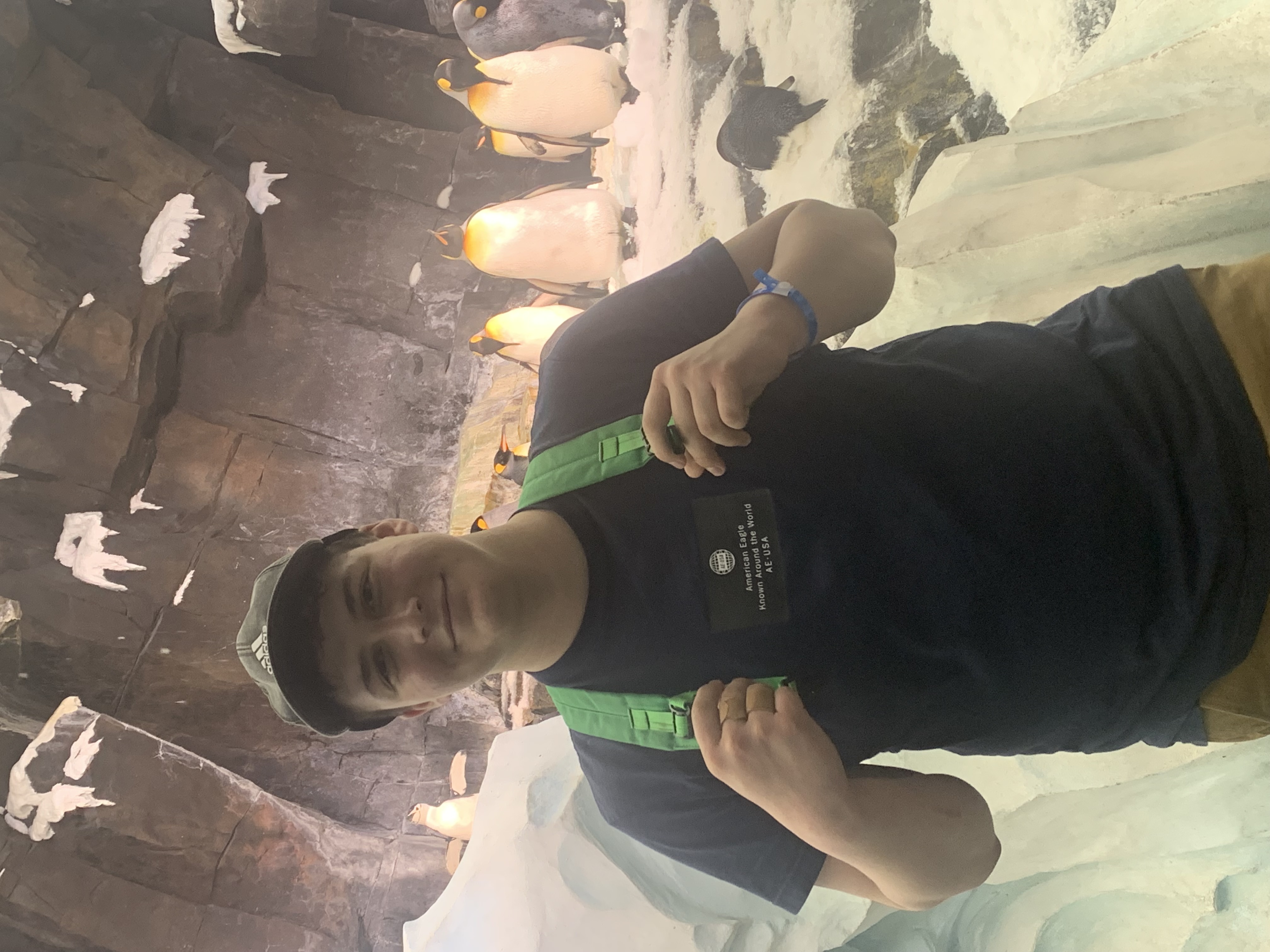Celebration of Scholars
#35: A Summary of How Behaviorally Inhibited Individuals Respond to Three Different Physiologic Stressors
 Name:
Luke Ehlert
Name:
Luke Ehlert
Major: Neuroscience & Psychology
Hometown: Mount Prospect, IL
Faculty Sponsor: Paul Martino
Other Sponsors: Justin Miller, Daniel Miller
Type of research: Independent research
Funding: Student Research Grant

Major: Biology
Hometown: Cary, IL
Faculty Sponsor: Justin Miller
Other Sponsors: Paul Martino, Daniel Miller
Type of research: Independent research
Funding: Student Research Grant

Major: Neuroscience & Psychology
Hometown: Roscoe, IL
Faculty Sponsor: Justin Miller
Other Sponsors: Paul Martino, Daniel Miller
Type of research: Independent research
Funding: Student Research Grant
 Name:
Jack Massari
Name:
Jack Massari
Major: Neuroscience
Hometown: Park Ridge, IL
Faculty Sponsor: Justin Miller
Other Sponsors: Paul Martino, Daniel Miller
Type of research: Independent research
Funding: Student Research Grant
 Name:
Hannah Poff
Name:
Hannah Poff
Major: Biology
Hometown: South Milwaukee, WI
Faculty Sponsor: Justin Miller
Other Sponsors: Paul Martino, Daniel Miller
Type of research: Independent research
Funding: Student Research Grant

Major: Neuroscience & Psychology
Hometown: Sun Prairie, WI
Faculty Sponsor: Daniel Miller
Other Sponsors: Paul Martino, Justin Miller
Type of research: Independent research
Funding: Student Research Grant
 Name:
Antonio Sotelo
Name:
Antonio Sotelo
Major: Neuroscience
Hometown: Mount Pleasant, WI
Faculty Sponsor: Justin Miller
Other Sponsors: Paul Martino, Daniel Miller
Type of research: Independent research
Funding: Student Research Grant

Major: Neuroscience & Psychology
Hometown: Greendale, WI
Faculty Sponsor: Justin Miller
Other Sponsors: Paul Martino, Daniel Miller
Type of research: Independent research
Funding: Student Research Grant

Major: Neuroscience & Psychology
Hometown: New Lenox, IL
Faculty Sponsor: Justin Miller
Other Sponsors: Paul Martino, Daniel Miller
Type of research: Independent research
Funding: Student Research Grant

Major: Biology
Hometown: Des Plaines, IL
Faculty Sponsor: Justin Miller
Other Sponsors: Paul Martino, Daniel Miller
Type of research: Independent research
Funding: Student Research Grant
 Name:
Connor Wiseman
Name:
Connor Wiseman
Major: Neuroscience
Hometown: Kenosha, WI
Faculty Sponsor: Paul Martino
Other Sponsors: Justin Miller, Daniel Miller
Type of research: Independent research
Funding: Student Research Grant
Abstract
Behavioral Inhibition (BI), a genetically inherited trait affecting approximately 33% of the human population, influences individuals to heightened stress, anxiety, depression, and PTSD. It displays a tendency for caution and reserve in unfamiliar or challenging situations. This poster aims to synthesize early findings from investigations into the responses of BI individuals to various physiological stressors such as increased CO2 inspiration, valve use during breathing, and transdermal electrical stimulation. In the CO2 study, initial data reveals that BI individuals exhibit heightened sensitivity to CO2. Their responses to varying levels of CO2 concentration appear more prominent compared to non-BI counterparts. Building upon previous research indicating a low parasympathetic nervous system output in BI females, the valve study seeks to determine whether this phenomenon persists during breathing with or without a valve. Early data indicate no difference in the HRV whether the BI individuals breathe with or without a breathing valve. The transdermal stimulation study explores BI individuals' latency in making avoidances over ten trials. Unlike non-BI individuals who exhibit a pattern of decrementing latency followed by recovery, BI individuals demonstrate a steady decrease in latency with successive trials. While acknowledging the preliminary nature of the data due to small sample sizes, these studies offer intriguing insights. Future efforts will involve expanding sample sizes to elucidate further the mechanisms driving stress responses in BI individuals. Ultimately, this research aims to inform the development of interventions to mitigate stress-related health outcomes and enhance the well-being of individuals with BI traits.Submit date: March 27, 2024, 8:23 p.m.
